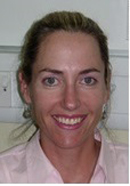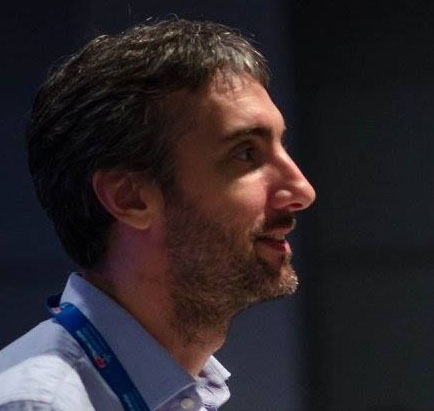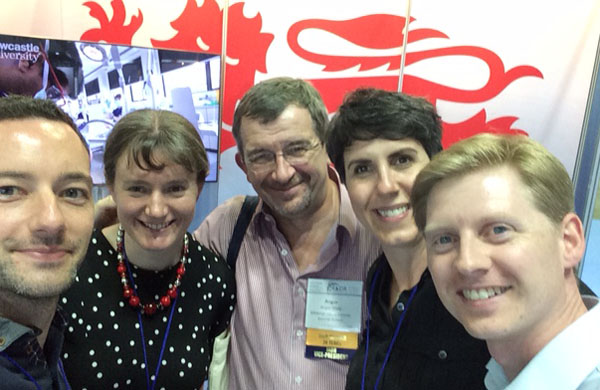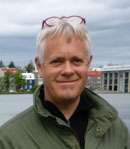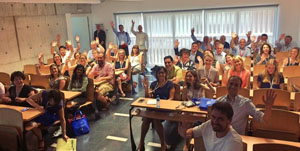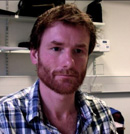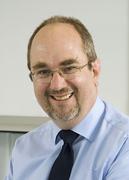 Welcome to the first ERDP newsletter of the new academic year. As you receive this our new cohorts of students are already with us and the academic year is well underway. This newsletter is both looking back and looking forwards. So, we have a number of reports from meetings that we have attended over the summer telling our colleagues from outside Newcastle about the interesting and innovative work going on in Newcastle. The newsletter also contains details of our programme of events throughout the year. In addition to our regular Journal Club and seminar programmes we add two new series of events this year. Jane Stewart is running both of these. Her series “What do I mean when I say” is designed to stimulate debate about contested issues in learning and teaching. Two of these sessions have taken place so far, both have been well-attended and both have given rise to some lively discussion. Her lunchtime workshops are designed to support you in your teaching. Our seminar programme this year will start with two speakers from outside the Faculty. In November Pauline Kneale PVC(T) in Plymouth will be visiting and talking to us about pedagogic research. In December the new Head of School in ECLS, Caroline Walker-Gleaves will talk to us about her recent work on pedagogic caring within HE. Both seminars will stimulate and challenge our thinking so do come along. I still have dates free for seminars later in the year so if there is anybody you would like us to invite then please let me k now. Organisation of the Journal Club has now been taken over by Luisa Wakeling and the programme for the year has now been arranged. Our events programmes are consistently well-attended so to those who have been regular attendees welcome back and if you have not been able to attend many, or any, of our events do come and join us.
Welcome to the first ERDP newsletter of the new academic year. As you receive this our new cohorts of students are already with us and the academic year is well underway. This newsletter is both looking back and looking forwards. So, we have a number of reports from meetings that we have attended over the summer telling our colleagues from outside Newcastle about the interesting and innovative work going on in Newcastle. The newsletter also contains details of our programme of events throughout the year. In addition to our regular Journal Club and seminar programmes we add two new series of events this year. Jane Stewart is running both of these. Her series “What do I mean when I say” is designed to stimulate debate about contested issues in learning and teaching. Two of these sessions have taken place so far, both have been well-attended and both have given rise to some lively discussion. Her lunchtime workshops are designed to support you in your teaching. Our seminar programme this year will start with two speakers from outside the Faculty. In November Pauline Kneale PVC(T) in Plymouth will be visiting and talking to us about pedagogic research. In December the new Head of School in ECLS, Caroline Walker-Gleaves will talk to us about her recent work on pedagogic caring within HE. Both seminars will stimulate and challenge our thinking so do come along. I still have dates free for seminars later in the year so if there is anybody you would like us to invite then please let me k now. Organisation of the Journal Club has now been taken over by Luisa Wakeling and the programme for the year has now been arranged. Our events programmes are consistently well-attended so to those who have been regular attendees welcome back and if you have not been able to attend many, or any, of our events do come and join us.
Our ERDP small grants programme continues this year and we are announcing the submission dates for the full year so that people can are better to plan should they have a project that they would like us to support. Remember too that support can be requested for short Study Visits to other institutions. We are keen to encourage applications for this purpose. If you have an idea for a Study Visit but would like to discuss it first then please get in touch. Our small grants programme has been running for 18months so our Learning and Teaching forum in November will focus on our projects. We will be contacting previous grant awardees to invite them to speak at this event but if you have preliminary outcomes that you would like to disseminate then do contact either myself or Sarah Harvey.
I look forward to meeting as many of you as possible at our events during the course of the year and to sharing ideas about learning and teaching. If you have articles for the next issue due in December just send them through to fms.educational.research@newcastle.ac.uk.
Prof Steve McHanwell, Director, FMS Unit for ERDP

